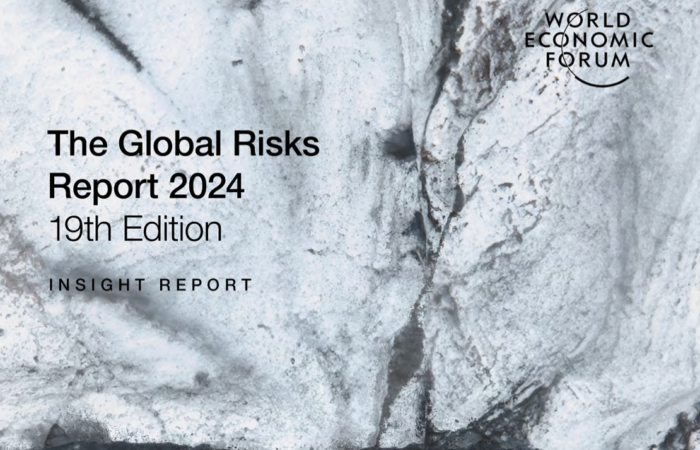
This year's municipal elections will take place in a context of high pressure in relation to the participation of companies in major events in the country's life, with a greater risk of polarization on topics beyond the business environment and the use of new digital technologies. From the identification of situations with potential impact on the reputation of companies and their leaders, the ANK Reputation prepared a set of recommendations and alerts for the electoral period.
About good company practices and compliance with electoral legislation
- Define and communicate internally guidelines for behaviors and actions during the period, making sure they comply with electoral legislation. Review guidelines on the use of company resources, employee conduct, donations and sponsorships.
- Have a clearly defined and communicated policy for employees who decide to run for elected positions.
- Electoral legislation defines limits for the presence of candidates campaigning on company premises. If the company chooses to receive candidates in its spaces and facilities, the least risky path is to open its doors to politicians from all parties. This eliminates the perception of favoritism and possible embarrassment from the internal public or even accusations of violation of electoral legislation.
- Do not proactively publicize candidate visits and ensure that the respective advisors align the use of images and the tone of the message which will be disclosed through the campaign communication.
- When communicating with employees about the visit of politicians, give preference to an informative, sober message. Legislation requires the company to maintain neutrality.
- Encourage access to information among your employees based on reliable sources, as a way to combat the spread of fake news. Be alert to manipulations resulting from the use of Artificial Intelligence, especially deep fakes, which allow the creation of fake videos or audios that are very close to reality.
About leaders’ positions and attitudes
- It is legitimate for every citizen to have their political-electoral preferences and for professional social relations to become more tense during this period. In the professional environment, The leader is expected to be a factor of serenity, preventing the climate of dispute from generating unnecessary animosity and interfering in the company's routine.
- The attitudes and opinions of leadership have great influence on the rest of the organization. That's why, Comments, judgements, jokes and pranks about politicians and parties made in the workplace can cause embarrassment, discomfort and even sound like an attempt to coerce subordinates. who have different opinions.
- There is a high risk that your political electoral preferences will be confused with the company's institutional positions and that it will come under pressure for this, including opportunistically by competitors.
- Remember that a picture is worth a thousand words. Photos and videos with candidates, politicians and supporters strongly identified with a candidacy are highly likely to be considered support by the leader and the company. Evaluate the gains and losses of an association of this type.
- In the same way, Keep the risks and rewards in mind when being photographed or filmed with candidates at events – from inaugurations and investment announcements from the company itself, to those on the agenda of political campaigns, such as lunches, dinners and street demonstrations.
On social media, pay extra attention:
Polarization, cancel culture and the encouragement of boycotts of products and companies are heightened in the digital environment. Devices to manipulate the repercussion on networks are increasingly common, such as hiring people to comment on posts or even fake profiles. Furthermore, these will be the first elections with massive use of Generative Artificial Intelligence, with its opportunities and risks.
- Keep in mind that there is no longer any separation between the on and offline, especially for those in a leadership position. Everything the leader posts, shares or comments on social media, even in private groups, is seen as his and the company's positioning (support or opposition) and can be shared without his consent and gain unpredictable public repercussions.
- Review the company's internal and external communication to avoid falling into digital guerrilla traps. Until recently, misinformation and fake news targeted institutions, highly visible public figures or those in the political world. Now, there are more and more weapons of unfair competition in the private business environment, threatening companies and their leaders.
- Remember the obvious: in any public place, there will always be someone with a cell phone.
- Update your accounts' privacy settings on Instagram, Facebook, X and TikTok to, for example, avoid unwanted tagging and limit the audience allowed to view your posts. Additionally, review the WhatsApp groups in which you usually interact. Not everyone is always known in these groups, where you may have your personal information available. As these groups can encourage the spread of fake news, it is always recommended to check before sharing.
- Avoid getting involved in discussions on social media, especially do not encourage provocations with sarcasm, insults and insults. Always evaluate who has the most to gain and lose in digital controversies.
- In an electoral campaign, issues related to Cross-cutting themes such as diversity, gender, animal welfare and, more recently, climate issues have great 'viral' power.
ANK Reputation content – July 2024.



